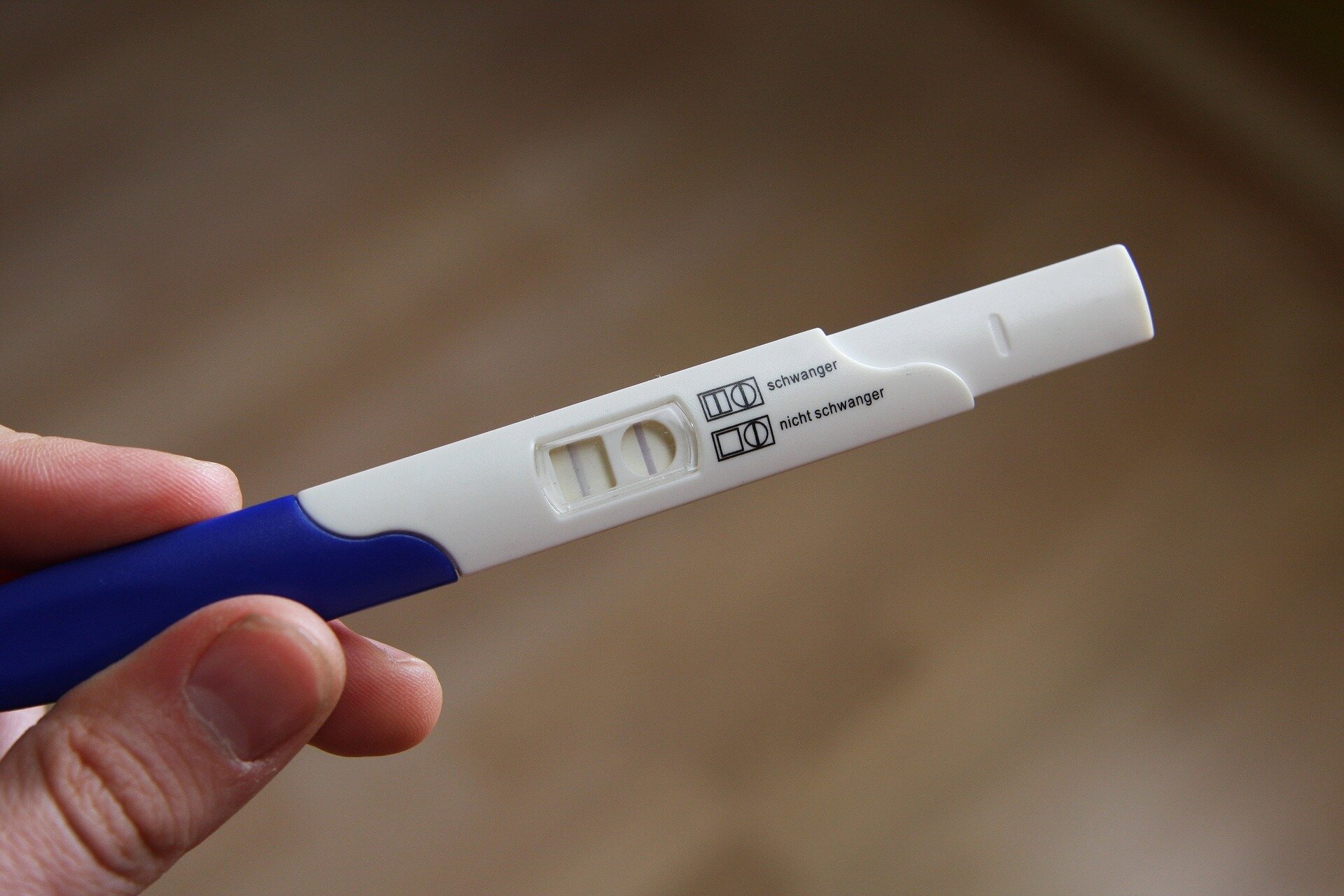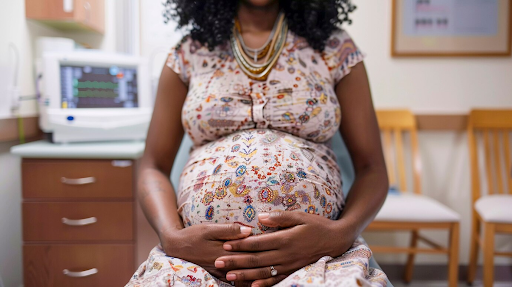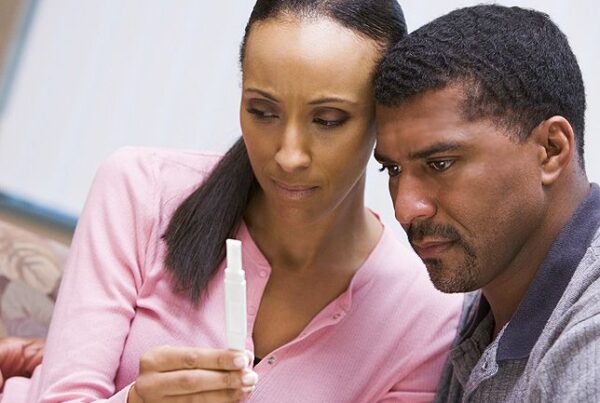If you’ve been trying to get pregnant for some time, you’re probably no stranger to negative pregnancy tests. You may think you’d get used to them after a while, and some people do, but many find each successive test harder to take.
It is especially pertinent that feelings of disappointment will likely prevail when a pregnancy test is negative after fertility treatment, the emotions can be even greater.
Dealing with the emotions—hoping that perhaps the test was wrong and you could be pregnant (but knowing that you probably aren’t), and worrying that you never will be—can be difficult. Understanding and acknowledging feelings like worry and sadness sparked by a negative pregnancy test can help you cope.
It’s true that a negative pregnancy test doesn’t necessarily mean you did not conceive during one cycle, however, there are some reasons that a negative pregnancy test might not be accurate.
A late period might be the reason. It could also be that you took the test too early: A home pregnancy test can typically give accurate results starting the day after your missed period.
If you took a test before the day your period is supposed to start, don’t give up hope. In every pregnancy, the level of HCG—the pregnancy hormone that pregnancy tests detect—develops slightly differently. Some people may not get a positive test result until they are a few days or even a week late.
Another possibility could be that your cycles are irregular. If your cycles are irregular, you’re more likely to not know with certainty when your period is late and it could be you just took the test too early.
You’re most likely to get a false negative if you take the test too early—even the day of your expected period can be too early for many home pregnancy tests.
Seeing a negative pregnancy test result and feeling bad when you are trying to conceive is usually a spontaneous reaction to the moment. But feeling sad or worried after a negative pregnancy test is often less about what’s happening now and more about the story you’ve created regarding what the negative test means.
But separating out the facts can help you cope. So, when the pregnancy test is negative, the fact is simply that the test is negative. It may or may not even mean that the cycle failed. But because you are already uptight about your status, you fear the worst.
One of the commonest reactions at such times is “I’ll never get pregnant”. This is the biggest and hardest one. One negative test—even 20 negative tests—doesn’t mean you’ll never get pregnant. Although, the longer it takes, the less likely you’ll achieve success without help. But one test isn’t a testament to this.
You may also be obsessed with the thought that treatment isn’t going to work for you. If your test was negative after your first or second try at a particular fertility treatment, don’t be so quick to think this is a sign of future failure.
Usually, three to four trials of a given treatment are commonly needed before you know if the treatment will work for you or not. Even if it is your fourth trial, it doesn’t mean changing treatment or tweaking certain aspects of the treatment won’t help.
Getting a negative pregnancy test can quickly bring on feelings of failure. But no you haven’t failed and you’re not going to be a failure. One pregnancy test is not an indication of your worth as a person. Even if you never get pregnant, it still says nothing about your value.
It may be so bad that you’re tempted to begin having thoughts that you’ll never be a parent. If, after getting a negative pregnancy test, you find yourself imagining the rest of your life without your dreamed-of child, you’re not alone.
But remember that this is just one negative test. It doesn’t mean you’ll never be a parent. This is so because there so are many paths to building a family beyond one negative pregnancy test.
Even if you do not immediately conceive or pursue treatment to conceive, you may have other opportunities to be a parent, including foster care, adoption, or being an aunt or uncle to your family and friends’ children. Eventually, your own child would arrive.
It is important not to feel sad about your pregnancy dreams not going as planned, just as it is important to be realistic about your ability to conceive. But at the same time, it’s essential to keep the big picture in mind.
Don’t allow one pregnancy test—or even the fear that you’ll never become a biological parent—hold all the keys to your life happiness. Your life is worth so much more.
When the test is negative, there are things that you can do to cope. One is that you should not grieve the cycle if it’s not over yet. If there’s still a chance you may be pregnant, and haven’t started your period yet, don’t let one test get to you yet.
Allow yourself time to feel the sadness. Holding in the pain just makes it worse. Talk about your feelings with your partner or a Counselor.
Think about your future plan of action. Knowing you have a plan of action, even if it’s an extremely simple plan of continuing your current treatment or efforts to conceive, can help. Your plan may even be to take a month or two off from trying to conceive. Thinking of the future helps you remember this is not the end of the road.
Do something fun and different to take your mind off the failed cycle. Yes, make time to feel the hard feelings, but then follow up by making time to live life again.
Getting a negative result on a pregnancy test can be heartbreaking. Most of the time, you can count on the accuracy of the test—unless you’ve taken it too early. Either way, know that one negative test (or many) doesn’t mean your pregnancy dream won’t happen in the future.





